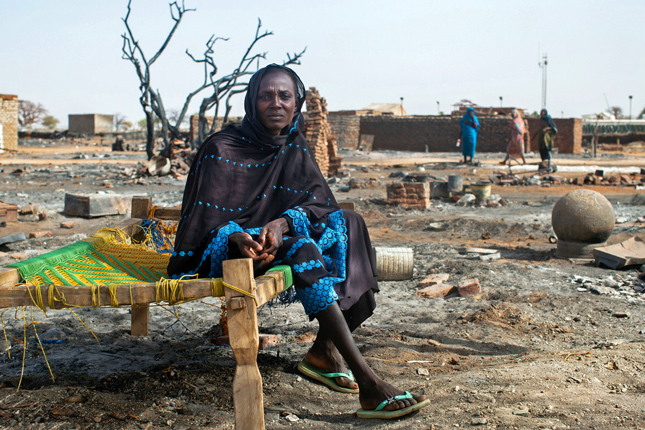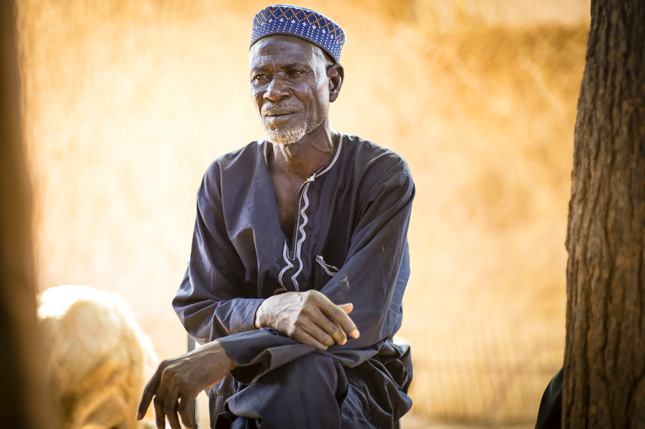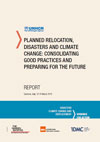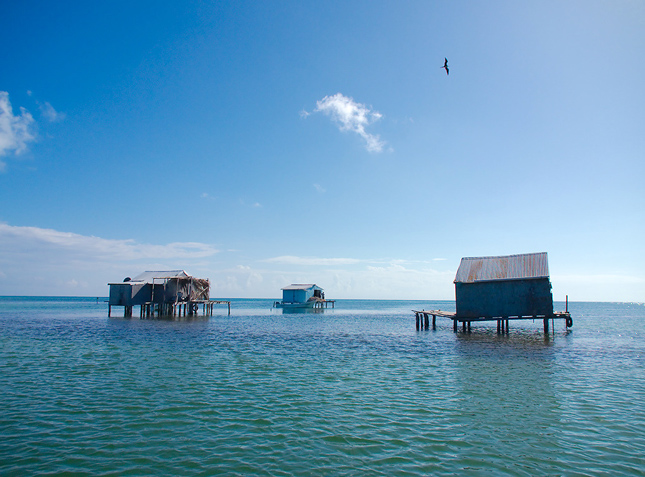-
Necessary Partners: The Sahel Shows Why Development and Resilience Efforts Can’t Forget Men
›
One-third of boys in the developing world don’t face the risk of marriage and pregnancy before age 18. There are no laws preventing men from owning land or property. Men don’t bear the brunt of increasingly frequent and severe disasters. And men don’t hold fewer than 25 percent of parliamentary seats worldwide.
-
Andrea Ó Súilleabháin, Global Observatory
Overlooked Among 50 Million Displaced Worldwide, Women and Girls Lose Out
›October 23, 2014 // By Wilson Center Staff
Mass displacement has become a significant feature of recent conflicts, as the number of people forced to flee their homes has passed 50 million worldwide, a level not seen since World War II. This is one of the reasons why the UN Security Council will focus on women refugees and internally displaced persons (IDPs) during its annual open debate on women, peace, and security on October 28, according to Elizabeth Cafferty, senior advocacy officer at the Women’s Refugee Commission.
-
The Making of a Tragedy: Inequality, Mistrust, Environmental Change Drive Ebola Epidemic
›October 9, 2014 // By Laurie Mazur
In August, armed men stormed an Ebola clinic in Monrovia, Liberia, releasing infected patients and stealing contaminated bedding. The following month, eight health workers were attacked and killed in a Guinean village as they tried to educate residents about the deadly disease; their bodies were found in a village latrine. Days later, Red Cross workers in western Guinea were assaulted as they tried to collect and bury Ebola victims.
-
Cautious Optimism: China’s Nuclear Energy Safety Measures Improving
›
Motivated in part by mounting public pressure to cut down on the smog created by more than 600 coal-fired power plants, China’s nuclear energy capacity is growing faster than any other country in the world.
-
Short Films on Cuba, France, Australia Reminders of Immediacy of Climate Challenge
›
Much of the time, discussion about climate change is focused on the future – How bad will it be? Will it lead to more conflict? Who will be most vulnerable? But it is in fact a current phenomenon. The climate system is already, for all intents and purposes, irrevocably changed and millions of lives have been changed along with it.
-
Displacement Planning Critical for Climate Change Strategies, Studies Show
› Planned relocation should be a major component of national strategies for disaster risk management, climate change, and development, says a recent report by the UN High Commissioner for Refugees (UNHCR). The report comes as the result of an expert consultation held in Sanremo, Italy, in March of last year amid increased research linking the effects of climate change with migration and displacement.
Planned relocation should be a major component of national strategies for disaster risk management, climate change, and development, says a recent report by the UN High Commissioner for Refugees (UNHCR). The report comes as the result of an expert consultation held in Sanremo, Italy, in March of last year amid increased research linking the effects of climate change with migration and displacement. -
Climate Change a National Security Issue, Say Local and National Leaders From Pacific Northwest
›
The effects of climate change “are here now” and pose a “serious challenge” for the United States, said Alice Hill, White House senior advisor for preparedness and resilience, at the Wilson Center on July 29. [Video Below]
-
Roger-Mark De Souza et al., Outreach
Re-Framing Islands as Champions of Resilience
›September 10, 2014 // By Wilson Center Staff
Island communities, particularly those from small island developing states, are often reported in policy documents, academic papers and mainstream media as being “most vulnerable” to climate change and disasters. While such a classification might serve to raise awareness of their plight, or be used as impetus for global action, this approach can also result in unintended (and damaging) attitudes and consequences. This is well-illustrated by recent off-the-record discussions with several donors and policy-makers who have inappropriately implied it is “too late” to “save the islands,” given their vulnerability to current and impending climate change impacts.
Showing posts from category disaster relief.











